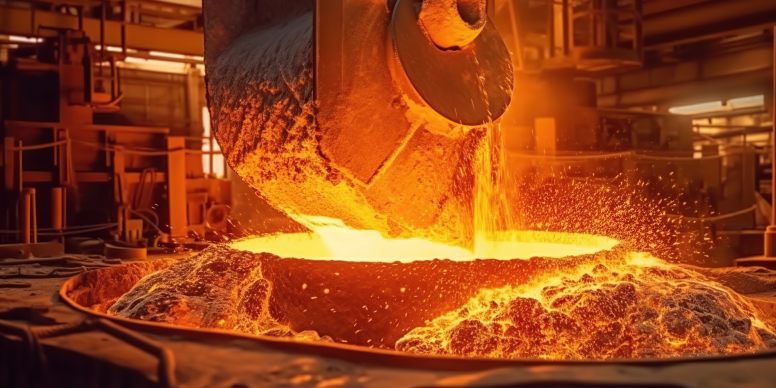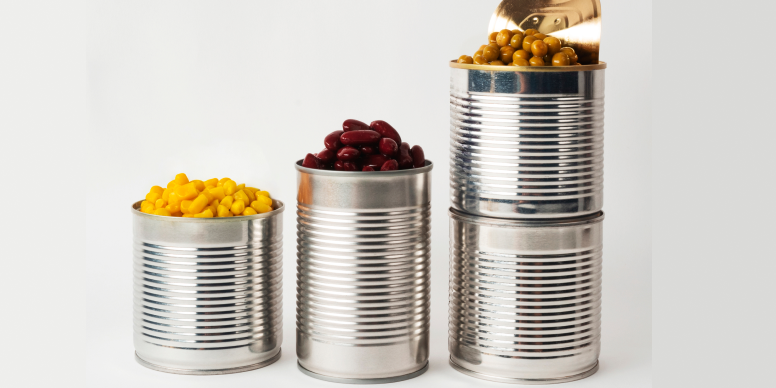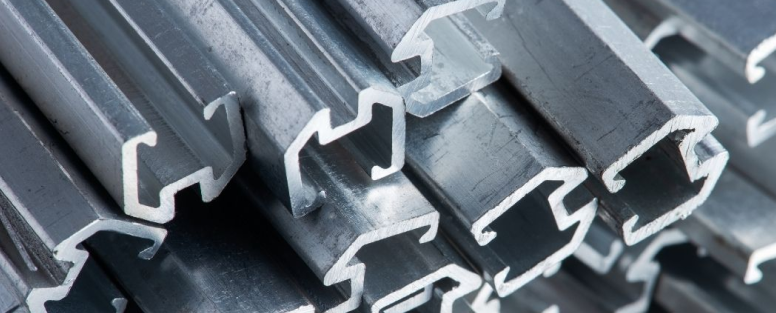Aluminium 1100 is revered in the industrial world for its exceptional versatility and wide range of applications. Known for its purity, this alloy ranks as one of the softest aluminium grades, yet it maintains the inherent strength and durability aluminium is known. This detailed guide delves into why Aluminium 1100 is so popular, its properties, and its common uses, helping businesses and manufacturers make informed decisions about choosing the right metal for their needs.
What is Aluminium 1100?
Aluminium 1100 is a commercially pure aluminium sheet grade, part of the 1000 series of aluminium alloys. The ‘1100’ designation indicates a minimum of 99.0% aluminium content in the alloy, marking it as one of the highest-purity aluminium alloys available.
Key Features of Aluminium 1100:
- High Corrosion Resistance: Naturally resistant to weather, chemical, and water exposure, making it ideal for outdoor and industrial applications. It does not rust, ensuring a long lifespan even in harsh conditions.
- Excellent Workability: Extremely easy to work with, can be deep-drawn, spun, or welded without losing its strength. Its softness allows for easy shaping, making it perfect for intricate designs.
- Thermal Conductivity: Highly effective in applications requiring heat transfer, helping to improve energy efficiency. This makes it a preferred choice for cooking utensils, heat exchangers, and HVAC systems.
Chemical Composition:

The simplicity of its composition makes Aluminium 1100 a primary choice for applications requiring a high degree of formability and corrosion resistance, particularly in aluminium alloys.
Element | Composition (%) |
Aluminium | 99.0 min |
Copper | 0.05-0.20 |
Iron | 0.95 max |
Others | 0.05 each, 0.15 total |
Properties of Aluminium 1100
Physical and Mechanical Properties:
Property | Detail |
Density | 2.71 g/cm³ |
Melting Point | 643°C – 657°C |
Tensile Strength | 90 – 165 MPa |
Yield Strength | 34 – 124 MPa |
Hardness, Brinell | 23 (500 kg load/10 mm ball) |
These properties make aluminium alloys an excellent choice for applications requiring a lightweight material with moderate strength and excellent corrosion resistance
Applications of Aluminium 1100
Food Industry:

Aluminium 1100’s resistance to corrosion and non-toxic nature make it perfect for use in food processing equipment and containers, ensuring food safety while maintaining the lightweight nature and durability of aluminium alloys.
Chemical Storage:
Due to its excellent resistance to chemical corrosion, aluminium alloys are often used for chemical equipment and storage containers, helping prevent contamination and ensuring the safe handling of sensitive materials.
Architectural Applications:

Its formability and aesthetic appearance make aluminium alloys suitable for architectural uses, including building facades and window frames, providing a sleek, modern look while being lightweight and easy to work with.
Heat Exchangers:
Its superior thermal conductivity, particularly in aluminium alloys, makes it ideal for heat exchanger applications, enhancing efficient heat transfer in cooling and heating systems.
Electrical Conductors:

Though not as conductive as copper, aluminium alloys like Aluminium 1100 are used in electrical applications where weight and corrosion resistance are more important than high conductivity, making it a great choice for lightweight wiring and components in various industries.
Comparison with Other Aluminium Grades
To further highlight the suitability of Aluminium 1100, here’s a comparison with other popular aluminium grades:
Grade | Tensile Strength | Corrosion Resistance | Workability |
1100 | 90 – 165 MPa | Excellent | Excellent |
3003 | 110 – 175 MPa | Good | Good |
5052 | 170 – 305 MPa | Very Good | Fair |
6061 | 124 – 290 MPa | Good | Good |
Aluminium 1100 is widely used in industries like food processing and chemical storage because it doesn’t rust and is simple to shape. Other aluminium grades, like 5052 and 6061, are stronger, but they’re harder to form and don’t offer the same level of corrosion resistance. That’s why Aluminium 1100 is preferred for projects that need a lightweight, durable, and flexible material.
Selecting the Right Aluminium 1100 Supplier
Criteria for Selection:
- Quality Assurance: Ensure suppliers meet ASTM or other relevant standards. This guarantees that the materials are durable, reliable, and suitable for your specific applications.
- Product Range: Look for suppliers that offer a variety of forms (sheets, bars, rods) and specifications. A diverse product range makes it easier to find exactly what you need without compromising on quality.
- Technical Support: Good suppliers provide customer support and material expertise. Having expert guidance ensures you get the right material for your project and avoid costly mistakes.
Aluminium 1100 remains a top choice for industries that prioritize corrosion resistance, formability, and non-toxicity. Its versatility in various applications—from food storage to architectural designs—demonstrates its value in industrial use. When selecting Aluminium 1100, partnering with a reputable supplier ensures you receive high-quality material tailored to your specific needs, enhancing your project’s overall success and efficiency.
Riyaarth Overseas offers premium Aluminium 1100 sheets, bars, and rods that meet industry standards. Get the best in corrosion resistance, formability, and durability—perfect for food processing, chemical storage, and architectural applications.
FAQ's
Aluminium 1100 is notable for its high purity level and excellent corrosion resistance, making it particularly useful in food processing and chemical exposure applications.
Aluminium 1100 is designed for applications where formability and corrosion resistance are more important than strength. It cannot be hardened through heat treatment but can be cold worked to increase its strength slightly.
Yes, due to its excellent corrosion resistance, Aluminium 1100 is well-suited for outdoor applications, including architectural and structural applications where high weather resistance is required.

